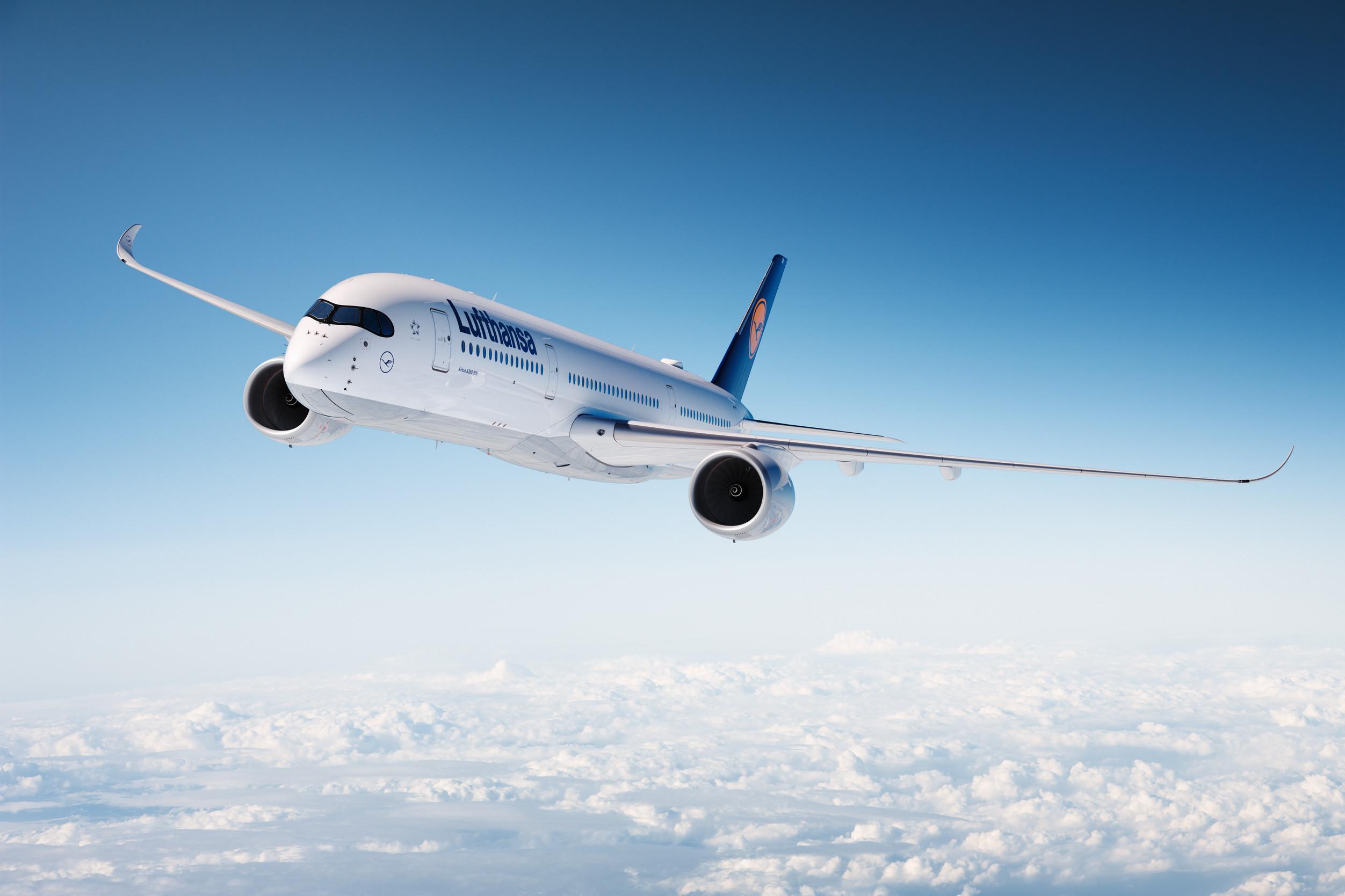
Credit: Lufthansa
German carrier Lufthansa has flagged a potential sea-change in aircraft-data access, triggered by a European regulatory proposal that would make it mandatory for manufacturers to share operating data with aircraft owners. In a policy brief released on Sept. 5, Lufthansa said the European Commission...
Subscription Required
This content requires a subscription to one of the Aviation Week Intelligence Network (AWIN) bundles.
Schedule a demo today to find out how you can access this content and similar content related to your area of the global aviation industry.
Already an AWIN subscriber? Login
Did you know? Aviation Week has won top honors multiple times in the Jesse H. Neal National Business Journalism Awards, the business-to-business media equivalent of the Pulitzer Prizes.





